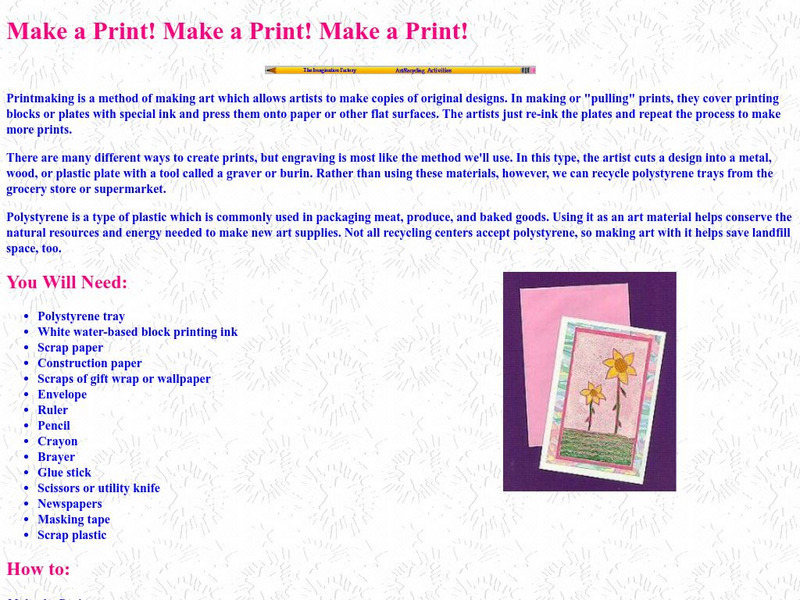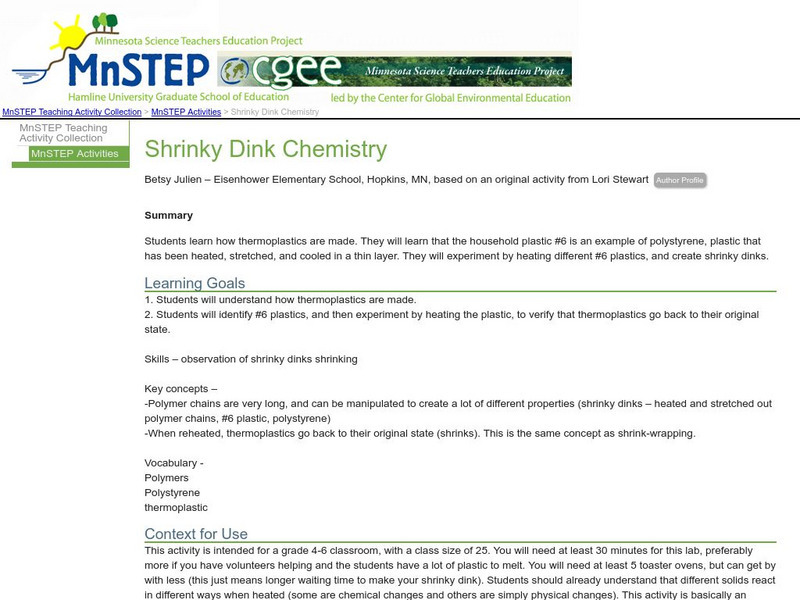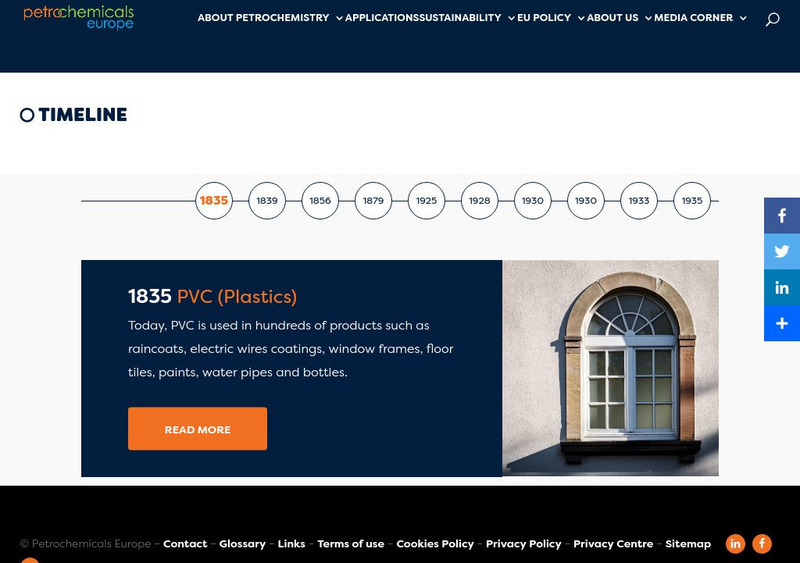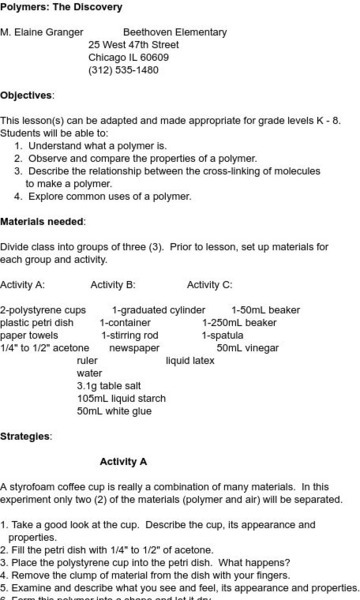Hi, what do you want to do?
Curated OER
The Influence of Initiator Concentration on the Molecular Weight of Polystyrene
This in-depth organic chemistry lab walks learners through an investigation of the effect of initiator concentration on the resulting molecular weight of polystyrene. It is important that you use this lesson with experienced chemistry...
Curated OER
Addition Polymerization: Preparation of Polystyrene Using Two Types of Initiators
Advanced chemistry classes compare the polymerization of styrene using two different initators: benzoyl peroxide and aluminum chloride. Once they synthesize polystyrene, they compare the two producet for melting point and density. There...
Curated OER
Oils and Plastic
Peruse the properties of polymers with your materials engineers, chemistry aces, or emerging ecologists. The inquiries in this resource include puncturing polyethylene plastic bags, dissolving polystyrene cups, creating a polymer...
Curated OER
#24 How Much Air Is In Foamed Polystyrene Products?
Students are challenged to come up with a good estimate of the amount of air in foamed polystyrene products. They use this gas evolution experiment and as such have students measure the gas generated when foamed polystyrene is degassed...
Curated OER
Polystyrene Containers
Students conduct experiments to determine the effectiveness of polystyrene containers at preventing heat loss. In this polymers lesson, students design an experiment to determine how effective Styrofoam burger containers are at...
Marilyn J. Brackney
Imagination Factory: Make a Print! Make a Print! Make a Print!
Besides providing background information on printmaking as well as detailed instructions on how to make your own print, this website offers "Tips and Tricks," to making new and original prints. This is an online resource for novice...
Science Education Resource Center at Carleton College
Serc: Mn Step: The Disintegration of Polystyrene Lab
A lab activity where students investigate the structure of polystyrene by breaking down the cross-links between bonds using acetone. The experiment will help them to understand how mass is conserved despite the drastic change in volume,...
Science Education Resource Center at Carleton College
Serc: Mn Step: Shrinky Dink Chemistry
In this lesson, students first learn about thermoplastics, and about polystyrene in particular, which is a #6 plastic. They will then heat different #6 plastics to create shrinky dinks. As they are heated, they shrink, which is a...
Other
Petrochemicals Europe: Discovery Timeline
Follow this timeline to learn about the development of the petrochemical industry and significant innovators in the creation of many of the products we take for granted.
Science Struck
Science Struck: Properties of Polystyrene
Explains what polystyrene is and its many different properties and uses.
Maryland Science Center
Maryland Science Center: Shrinky Dink Charms [Pdf]
Use recycled plastic to make shrinky dink jewelry and decorations.
Science and Mathematics Initiative for Learning Enhancement (SMILE)
Smile: Polymers: The Discovery
A simple lab activity which introduces the field of polymer chemistry. Includes the use of polystyrene in a neat reaction.
Other
Design in Site: Polystyrene
Decent site which outlines the properties of polystyrene. Interesting statistics on the raw material needs of production.
















